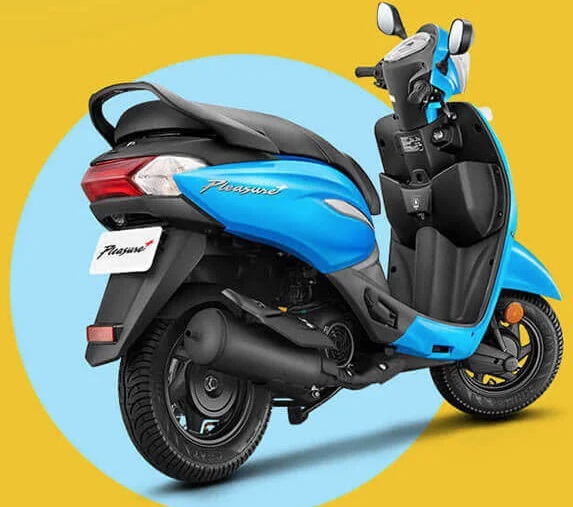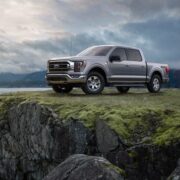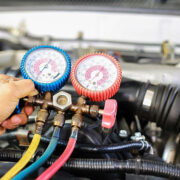
The needs since the export of the vehicle in the U . s . States are available on-line inside the electronic Code of Federal Rules (19CFR192 subparts A and B). There are numerous kinds of transactions, however this article mainly covers the export of private vehicles and highlights selected areas of the particular rules.
Further clarification ought to be made concerning song from the pointed out rules. For instance, partly 19CFR192.2(b)(1)(i) under subpart A, the rules demand an authentic or certified copy from the title from the vehicle being exported. It had been my experience like a Customs Export Enforcement Officer the term certified and notarized were frequently come to mean exactly the same factor by a few of the very first time exporters. An authorized copy of the title is just acceptable by Customs and Border Protection if from the right condition agency (often a state’s dmv). The certified copy will come by means of the initially issued title or should be considered a computer document reflecting the data that might be located on the original. Either in situation the document should bear an authentic seal or stamp and signature from the appropriate condition official. A notarized copy isn’t acceptable.
If there’s a 3rd party possession or claim like a loan provider for instance, permission needs to be granted by them to be able to export the vehicle. Customs and Border Protection will need permission by means of instructions in the loan provider. The letter must give explicit permission to export the vehicle.The letter should be around the “third party’s letterhead paper and have a complete description from the vehicle including it’s VIN number, the specific owner or lien holder and also the telephone number where they might be contacted. The letter must bear an authentic signature from the 3rd party and condition the date it had been signed”. The 3rd party requirement is placed forth in 19CFR192.2(b)(ii), subpart A from the vehicle export rules.
Additionally, listed here are also incorporated within the within the vehicle export rules:
19CFR192.2(b)(1)(iii) covers the needs involving Government employes being assigned abroad.
19CFR192.2(b)(2) covers the export of foreign entitled vehicles registered or entitled abroad.
19CFR192.2(b)(3)(i) covers recently manufactured vehicles issued a Manufacturers Statement of Origin (MSO). The client will probably not register the vehicle within the U . s . States if it’s being immediately exported.
19CFR192.2(b)(3)(ii) covers recently manufactured vehicles not issued an MSO.
19CFR192.2(b)(3)(iii) covers vehicles issued a junk or scrap certificate usually with a state’s dmv.
19CFR192.2(b)(3)(iv) covers vehicles issued a title or certificate that isn’t in pressure you aren’t registered. A good example will be a 1948 model vehicle kept in a barn since 1968. Ever since then the registration has expired and there’s been no renewal from the license plates. Quite simply no current record now exist.
19CFR192.2(c)(1) covers vehicles exported via aircraft or sea going vessels. Instructs the exporter or his agent to provide the needed documents combined with the vehicle a minimum of 72 hrs to match Customs overview of the documentation and vehicle inspection.
19CFR192.2(c)(2) covers the land border export of the vehicle (Canada and Mexico). Following a decision is created regarding which land border crossing to make use of, provide the Customs office there a phone call for more instructions. The rules require the export documentation be posted for review a minimum of 72 hrs just before presenting the vehicle for inspection.
Additionally to satisfying and meeting the needs of medicare part a from the rules the reporting needs partly B mandates that, unless of course otherwise exempt by special rules, all exports of vehicles should be filed digitally through what is known AES (Automated Export System). Special rules do apply, for instance, to military and Government personnel assigned abroad. Most if not completely border ports have Customs brokers or freight forwarders who are able to provide this particular service for you personally. The Customs website have a summary of Customs brokers and forwarders at land border locations.They will be able to inform you precisely what it takes to file for an AES record in your account.










